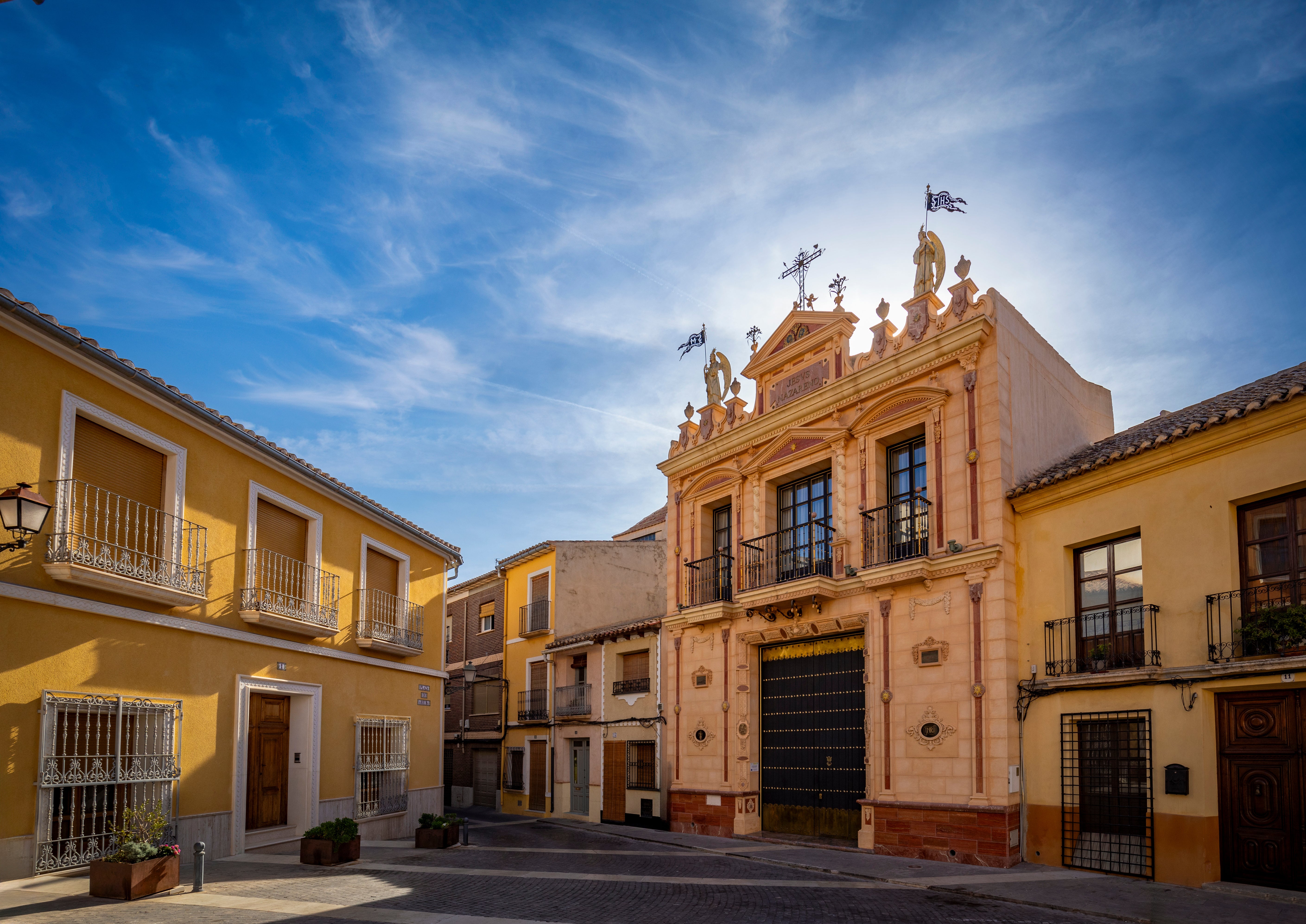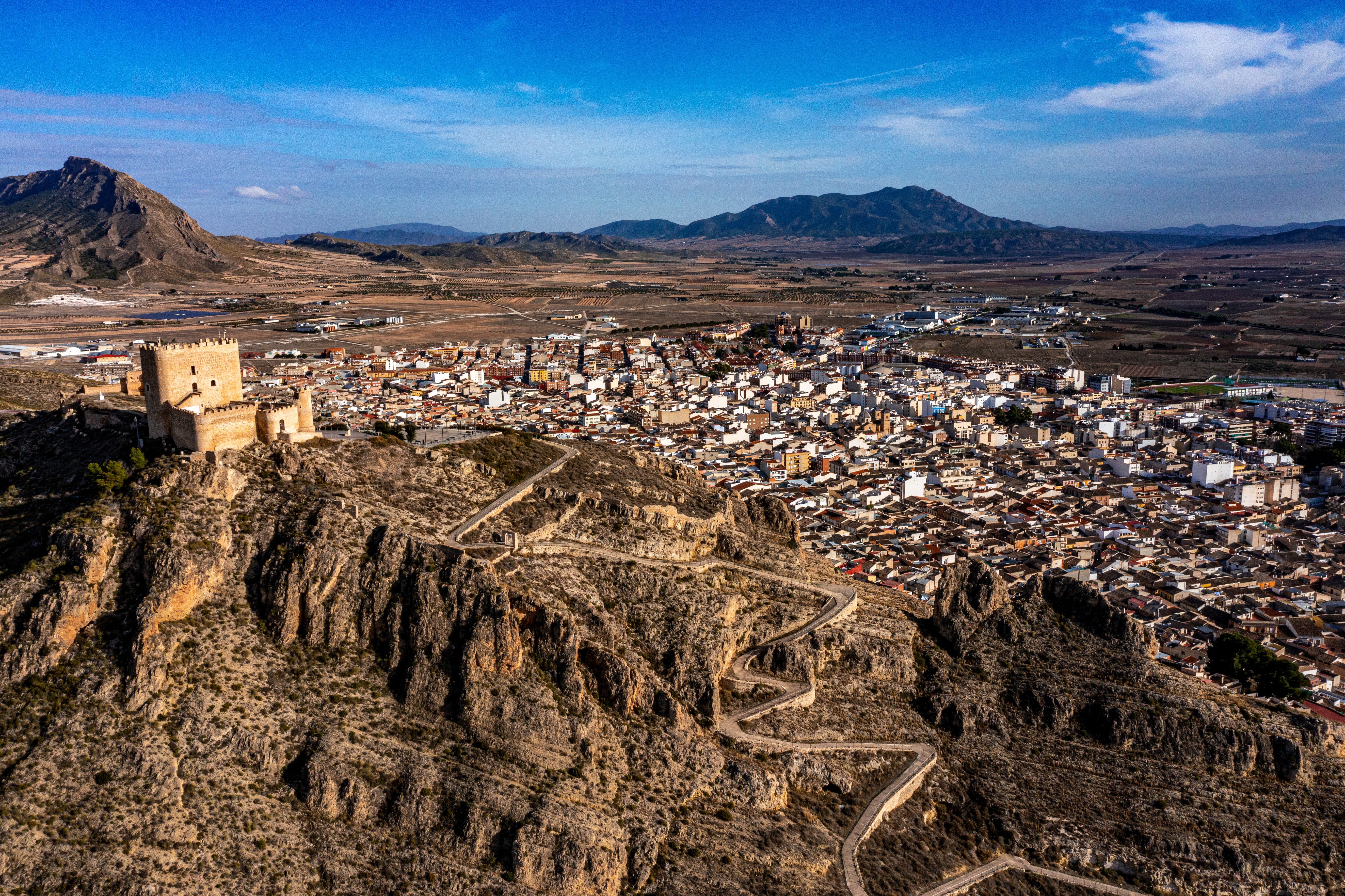A Spanish town has banned Muslims from celebrating Islamic festivals in public spaces, sparking outrage from religious groups and opposition leaders.
The town of Jumilla, a municipality in the Murcia region of south-eastern Spain, voted to prohibit the use of municipal buildings, such as sports centres and civic halls, for events marking Eid al-Fitr and Eid al-Adha, two of the most significant dates in the Islamic calendar.
The town’s conservative People’s Party (PP) introduced the bill, and it passed despite the abstentions of the far-right Vox party and the opposition of local leftwing parties.

The proposal states that “municipal sports facilities cannot be used for religious, cultural or social activities alien to our identity unless organised by the local authority”.
It is the first such ban in Spain.
The local Vox party said on X, formerly Twitter: “Thanks to Vox the first measure to ban Islamic festivals in Spain’s public spaces has been passed. Spain is and will be forever the land of Christian people.”
Mounir Benjelloun Andaloussi Azhari, president of the Spanish Federation of Islamic Religious Entities (FEERI), condemned the decision as “Islamophobic and discriminatory”. He told El País: “They’re not going after other religions, they’re going after ours”.
“We’re rather surprised by what’s happening in Spain. For the first time in 30 years I feel afraid,” he added, referring to a recent rise in racist rhetoric and attacks on Muslims.
Jumilla has a population of around 27,000 people, with around 7.5 per cent originally from predominantly Muslim countries.

The decision could now face legal challenges for potentially breaching Article 16 of the Spanish constitution, which guarantees freedom of religion and worship and prohibits restrictions on its expression except when required to maintain public order.
Francisco Lucas, leader of the Socialist Party (PSOE) in Murcia, criticised the decision, writing on X: “The PP violates the constitution and puts social cohesion at risk simply in the pursuit of power.”
“What do they mean by identity?” Juana Guardiola, a former Socialist mayor of the town, said. “And what about the centuries of Muslim legacy here?”

The move comes less than a month after anti-migrant riots erupted in Torre Pacheco, just 70 miles away.
A 68-year-old pensioner in Torre Pacheco told Spanish media at the time he was beaten in the street by three young men of North African origin.
The alleged attack on 9 July sparked days of unrest, with groups reportedly roaming the streets armed with batons.
Authorities later discovered posts online inciting a planned “hunt for migrants”, with nearly 100 additional police deployed to restore order.
A peaceful demonstration organised by the town hall was hijacked by anti-migrant protesters.
The move has also reignited debate over Jumilla’s multicultural history.
The town, once part of the Roman Empire, remained largely Arab after the Muslim conquest in the eighth century.
It was known as Yumil-la until Christian troops led by Alfonso X of Castile took control in the 13th century, breaking a previous agreement to protect the rights of its Arab inhabitants.
